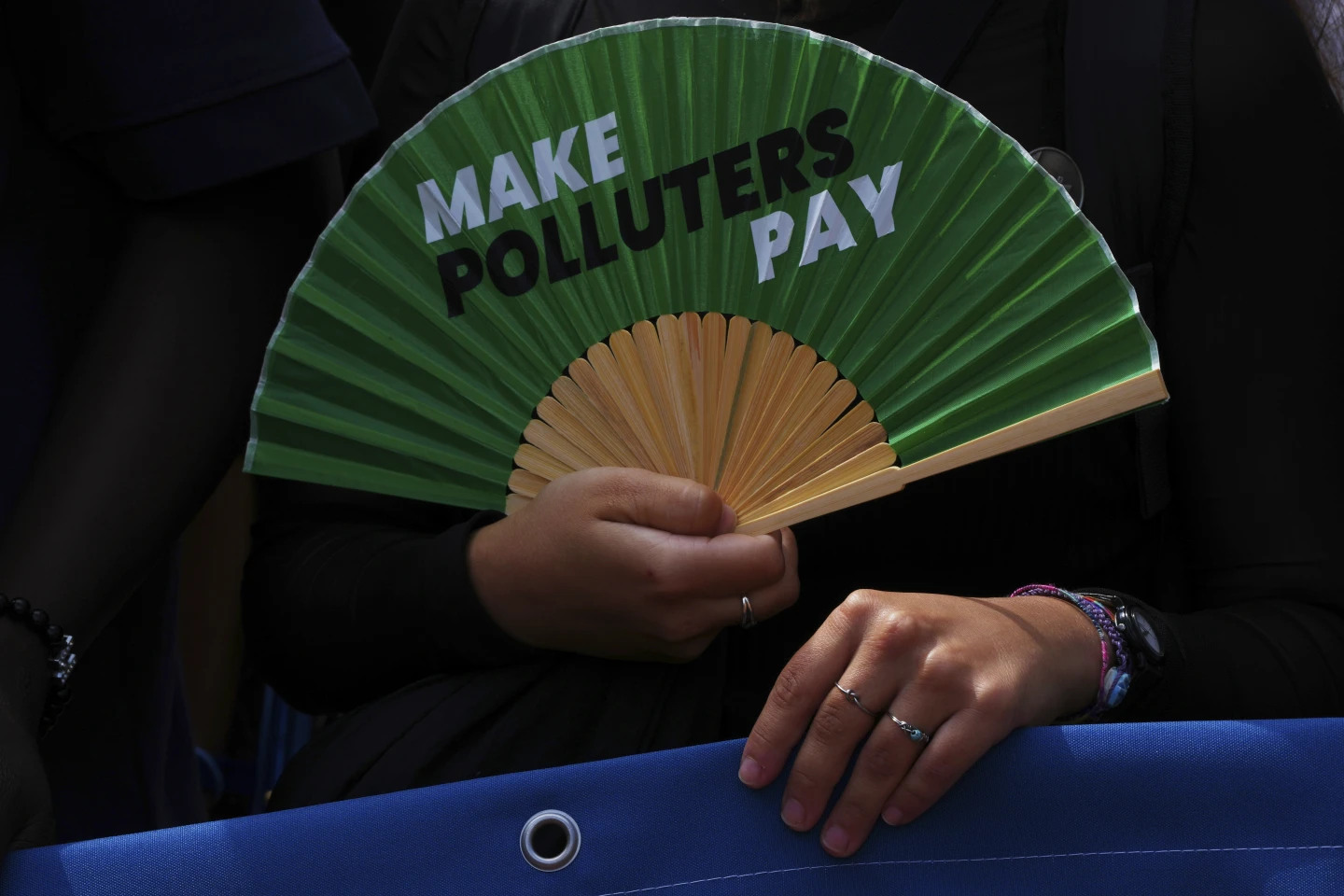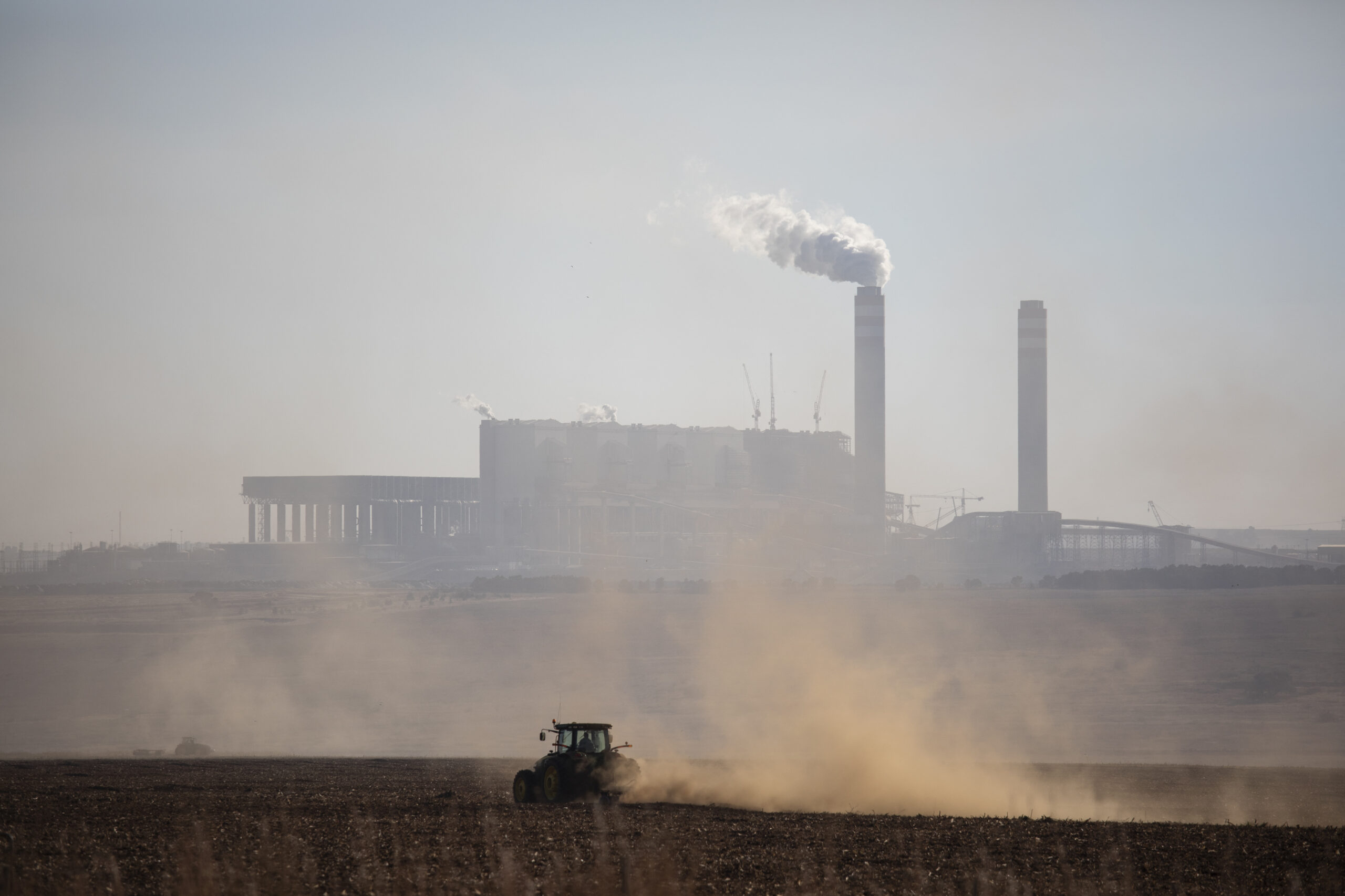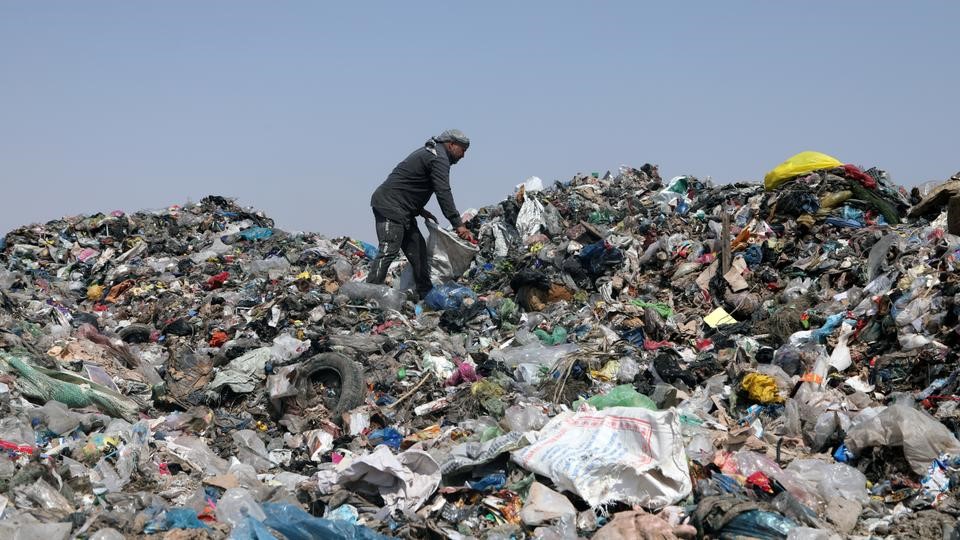The International Court of Justice sharpens the legal edge of climate accountability

The ICJ’s emphasis on human rights as a cornerstone of climate responsibility underscores the growing legal momentum toward binding climate action/AP
In a momentous advisory opinion issued on July 24th, the International Court of Justice (ICJ) declared that states are legally obliged to combat climate change under international law, including human rights law. The ruling, hailed by UN Human Rights Chief Volker Türk as a “sweeping victory,” affirms that environmental degradation threatens fundamental rights such as life and a healthy environment—now recognised as actionable under global legal norms.
Spearheaded by Pacific Island nations, the request for the opinion stemmed from a grassroots student movement. The Court’s decision is as forceful as it is far-reaching: states must use all means at their disposal to prevent climate harm and may be held internationally liable for failing to curb greenhouse gas emissions—including through fossil fuel subsidies or extraction licenses. States could also be required to cease harmful practices, ensure non-repetition, and provide reparations.
The ICJ’s emphasis on human rights as a cornerstone of climate responsibility underscores the growing legal momentum toward binding climate action. As nations prepare for COP30 in Brazil, and update their climate pledges, the Court’s opinion may well become a legal and moral lodestar—both for victims seeking redress and for governments facing rising expectations.
UN.

















